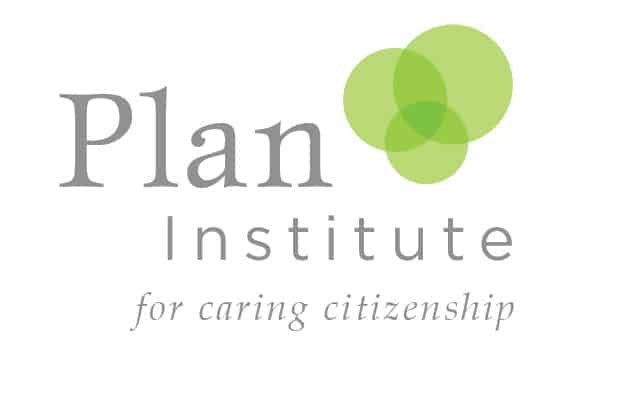 by Laurie Geschke; Helpline Advisor & Workshop Facilitator for Plan Institute
by Laurie Geschke; Helpline Advisor & Workshop Facilitator for Plan Institute
This article should not be taken as legal advice. This article is only offered for information purposes and may be contradicted by clauses which are (or are not) in your specific trust instrument.
Are you a trustee for a beneficiary who is a person with disabilities? Or perhaps you are a person with disabilities who is a beneficiary of a trust? The following thoughts might be helpful to get the most benefit from your trust at this time.
While the benefits of trusts aren’t restricted to pandemics, already having a trust at this time could save a lot of worry over personal finances. This is particularly true for a person receiving provincial disability benefits (“PWD”) who loses a job or volunteer opportunity because of the pandemic.
A Note on Income
The purpose of a trust for a beneficiary receiving PWD is to provide them with goods or services they would otherwise not be able to afford to purchase. It is not to expand their monthly income.
According to the Employment and Assistance for Persons With Disability Act and its Regulations (“EAPWD Act”), any and all disbursements (payments from a trust) which are paid directly to the beneficiary as income are considered “unearned income”. Unearned income must be claimed in the month it is received and will be clawed back dollar for dollar.
If this is not happening to you, it may have been overlooked, or policy changes have been made by the Ministry and are currently being applied to your situation. Contact the lawyer who wrote your trust or another lawyer versed in the Trustee Act and the EAPWD Act for advice or answers in your particular situation.
Possible Useful Trust Disbursements
The following examples come out of the “Promoting Independence” expense category within a trust. This is one of five categories of trust expenditures allowed by the Ministry. It has no annual limit and the exact definitions of what constitutes “promoting independence” are set by the trustee, not the Ministry. In these difficult times, this could mean using trust disbursements to:
- Help reduce loneliness; The trust could pay for someone to explain how to use some of the online platforms available for virtual communication, such as Zoom, Skype or Whatsapp video calling. A lot of community organizations, including PLAN and Family Support Institute, are organizing “virtual events” as a way to help connect families and individuals. The trust could also be used to purchase a computer or electronic device needed to make this type of socializing possible.
- Supplement rent; The trustee could pay a landlord directly to support rent expenses. Note that this would be above the $375 shelter supplement portion of the PWD benefit that must be used for rent or related expenses.
- Pay recurring bills; In the same way, the trustee could also directly pay regular monthly bills, such as phone, internet, cable or satellite TV, and hydro.
In each of these examples, the beneficiary is indirectly being supported, and ends up with better circumstances and more disposable income left from their disability benefit for them to spend as they wish.
Conclusion
Now, more than ever, is a good time to consider the financial options available to you or a beneficiary you support. A small adjustment to disbursements, such as via the promoting independence category, may go a long way to support someone who needs it.
If you are interested in learning more, Plan Institute’s Wills, Trusts, and Estate online workshop offers a brief overview of the topics discussed in this article, alongside a Q&A session with a qualified lawyer. The next workshop is being held on April 16th at 7pm, accessible from the comfort of your own home!
Laurie Geschke co-facilitates the Plan Institute Wills, Trusts, & Estates Workshop and is also one of our dedicated helpline advisors. She is a parent and a lifetime member of PLAN, and has done volunteer work with a variety of non-profit, non-government organizations for over 30 years.
**Please note that all views and opinions expressed by contributors should be recognized as theirs alone, and do not necessarily reflect the official policies or position of Plan Institute**
